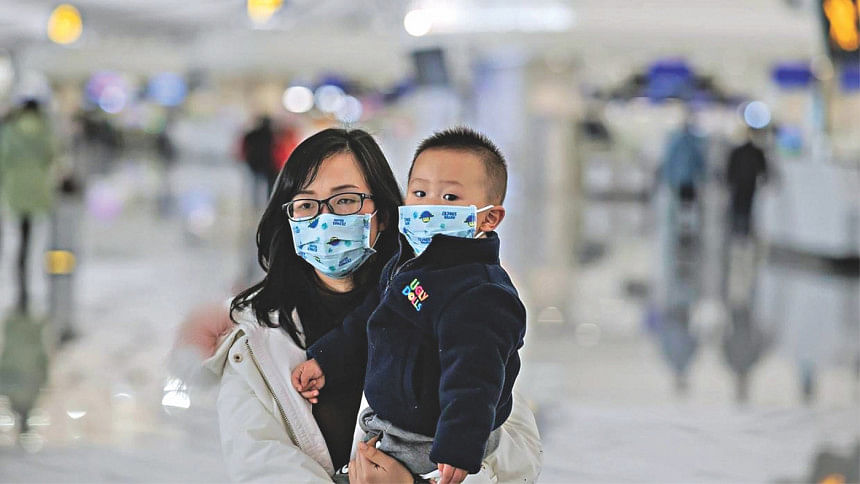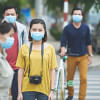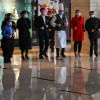Coronavirus: How to protect yourself

The Wuhan coronavirus, officially called Covid-19, has killed 3,594 people around the world and infected at least 106,439 across 106 countries. At the same time, 60,093 people have recovered after contracting the virus.
The Centres for Disease Control and Prevention (CDC) has released guidance on the symptoms of the virus. A person could be at risk if they have:
• Fever and symptoms of lower respiratory illness, such as coughing or difficulty breathing, after travelling to Wuhan or having close contact with someone who was ill and is now under investigation for the virus in the past two weeks.
• Fever or symptoms of lower respiratory illness after having close contact in the past two weeks with someone who's been confirmed to have the virus.
The CDC defined "close contact" as being within about 6 feet (1.8 m) "or within the room or care area" of a person with the coronavirus for a prolonged period without appropriate protective clothing, or "having direct contact with infectious secretions" of a person with the virus without protective clothing.
Coronaviruses like Covid-19 are particularly dangerous for people who have weaker immune systems, like young children and older adults. There are no vaccines to protect people from contracting a coronavirus. Pets are also at risk of catching coronaviruses, which can lead to disease and even death.
How to protect yourself
• Try to avoid contact with people who display symptoms similar to those of pneumonia or the common cold, like coughing or a runny nose.
• Do not touch your eyes, nose, or mouth with unwashed hands.
• Wash your hands frequently with soap and water, and scrub for at least 20 seconds.
• Use alcohol-based hand sanitiser when possible.
• Avoid animals and animal markets.
Report to the nearest hospital to check your symptoms and above all, avoid panic.











Comments